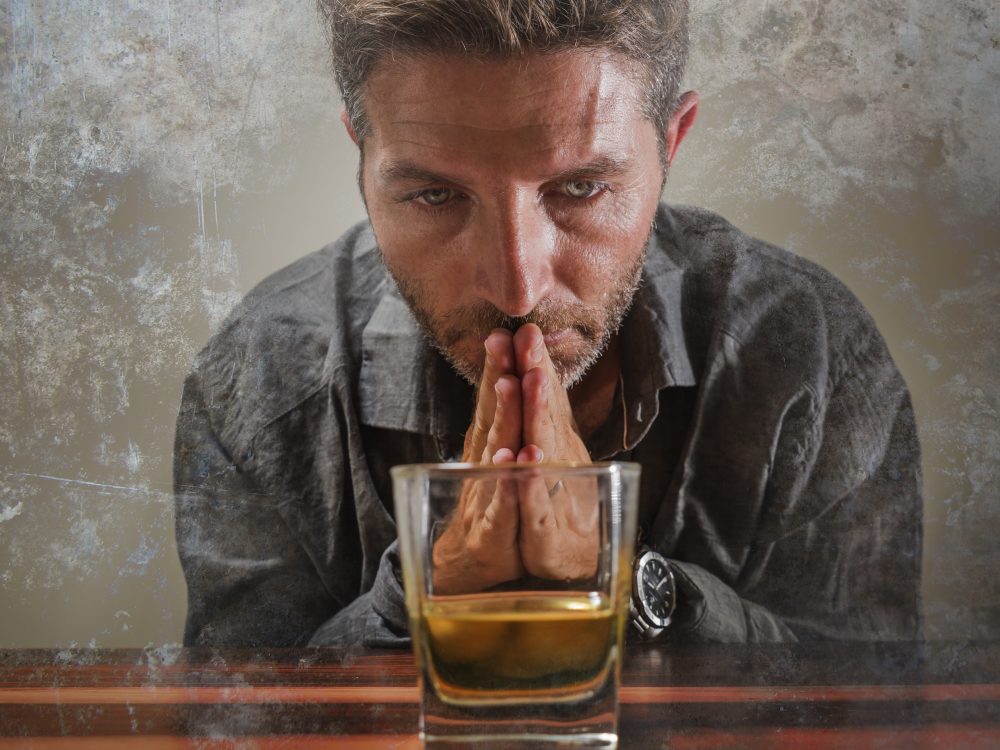Addiction Recovery, Relapse and the Family
Addiction recovery can be very difficult for the addict, but what most people do not realize is that it is also difficult for the family members of the addict. Recovering addicts tend to be very embarrassed by their illness and even though they are in recovery, they may choose to remain closed off to their family about their problems. This means that the family must learn what the relapse stages are for their loved one’s sobriety. Seeing the signs that a relapse may be surfacing can be extremely difficult, but there are some easy ways to identify signs in the first stage. There are three clear stages of relapse: emotional, mental and physical. The stages occur in that exact order, however, seeing them start, understanding their progression and acknowledging that the process of relapse has begun may be difficult for the families and the addicts to come to terms with.

The first stage in the process of relapsing is the emotional stage. During the emotional stage of relapse, the addict tends to become very moody, experiencing a wave of different emotions, tending to sleep more frequently and eat less. The addict may not even realize that they are experiencing the first stage in the process of relapse. They may find themselves in an emotional whirlwind but may not understand why. They may even feel that their support system is not being as supportive as they feel it should be which only contributes to the emotional turmoil more and the addict striking out emotionally at the family members. The family should be aware that this stage may quickly lead to the next stage of relapse, and if they see any signs of emotional turmoil, they should get the addict treatment quickly.
The second stage in the process of relapse is the mental stage. If the family has not seen or overlooked the signs in the emotional stage, it may be very difficult for the family to see the signs of this stage because it is more of an internal struggle that the addict faces. Most addicts want to stay on the road to recovery; however, they have daily demons that they face that cause them to desire the substance that they are trying to stay away from, causing this inner struggle or tug of war. This is a very difficult stage because once the addict gives in to the inner struggle and decides that they will use again, it is just a matter of time. Many recovering addicts, no matter where they are in the recovery process from months to years, are unable to acknowledge that this is a constant, daily struggle. It is a battle that they will face for the remainder of their lives. Many people have failed at continuing sobriety after 10 years, relapsing sometimes for just one day. This is exactly why an addict can never say that they “were once an addict”. Once you are an addict, you will always be an addict. You cannot simply recover from addiction; it will always be a part of you, your life and the lives of the family. Family members of an addict must always remember this fact and understand that if the addict has moved into this stage, they almost inevitably will use again. It is a very difficult stage to overcome once it has begun, which is why it is so important to see the signs in the emotional stage and get the addict help then.
The third stage in the process of relapse is the physical stage. This stage occurs when the addict actually consumes the substance ending their sobriety. It is very difficult to stop this stage once the addict has gotten to this point, and usually, once they have used the substance just one time, it may elicit strong cravings and desires to continue using. Most families know this stage and are aware that it may not be recovered from a second time, making it more difficult for the addict as well because their support system begins to fail them once they have failed their sobriety adding to the cycle.
Understanding the signs and stages of relapse, although difficult for family members, is of extreme importance in the long-term sobriety of the addict. Without their support system, most addicts inevitably begin using repeatedly. Many times, the recovering addict may not see the signs of relapse themselves, which makes it even more difficult for them to avoid it. A good, strong support system that knows the signs, no matter how insignificant they may seem, is the best chance a recovering addict has to maintain sobriety.https://www.addictionsandrecovery.org/relapse-prevention.htm
Contact us at Family Restoration Counseling for more information about addiction recovery and other services we offer.
